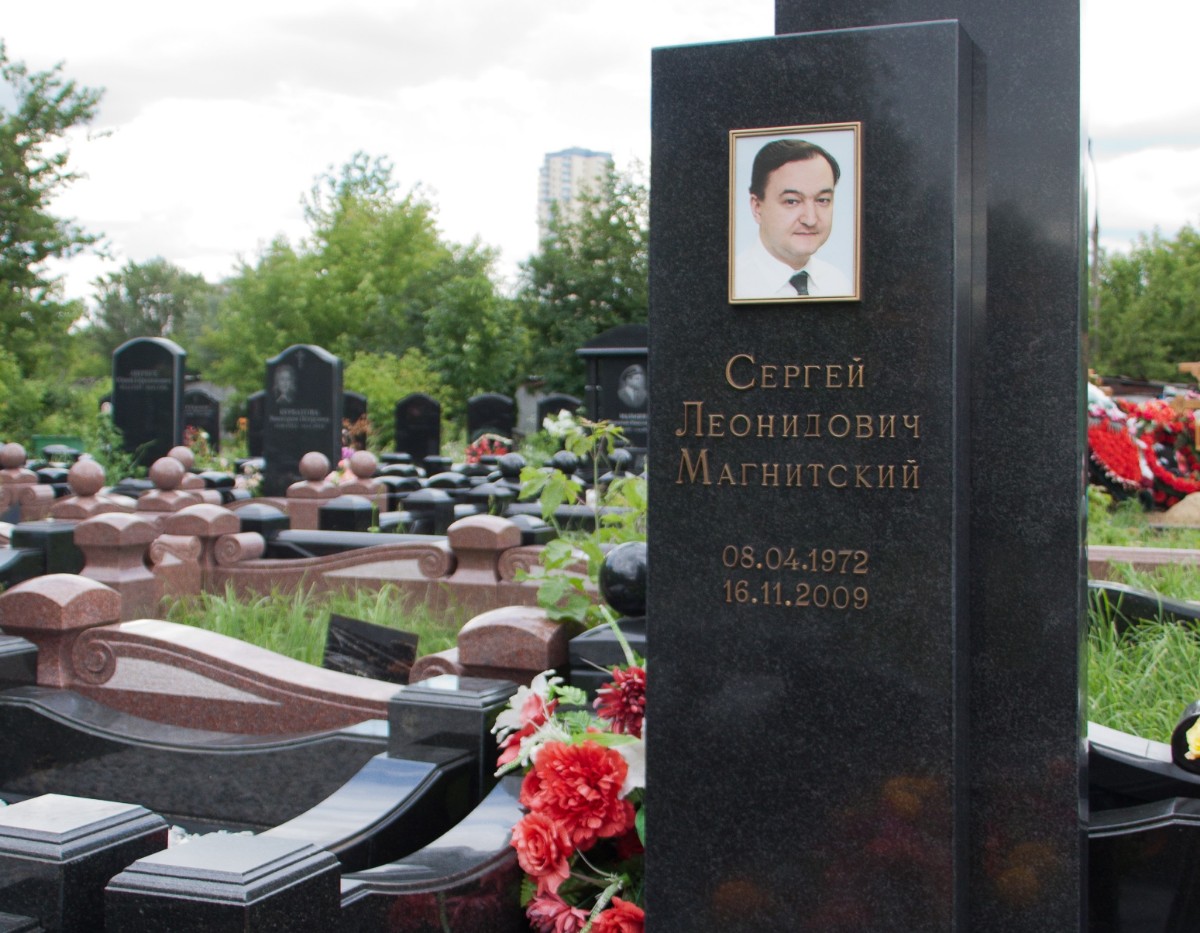 Photo Courtesty of Dmitry Rozhkov on Wikimedia Commons
Photo Courtesty of Dmitry Rozhkov on Wikimedia Commons
Magnitsky’s Memory: An Example of American Global Leadership
Yesterday, the European Court of Human Rights ruled in favor of Sergei Magnistky’s family, holding Russia accountable for multiple human rights violations and ending a 10-year legal battle. Magnitsky has become entangled with U.S.-Russia diplomacy and symbolic of the American stance against Putin’s corruption and brutality. The court ruling is a long-overdue victory for Magnitsky’s widow and children, and reminds us of a legacy that should not be forgotten.
What Happened to Sergei Magnitsky?
Sergei Magnitsky, a Russian anti-corruption lawyer, died at the age of 37 in a Moscow prison in 2009. The previous year, Magnitsky uncovered a tax fraud scheme involving 23 companies and linking $230 million to Kremlin officials. Representing UK-based Hermitage Capital Management, Magnitsky worked diligently to expose government corruption to the public. His breakthrough in 2008 proved to be too much for the Kremlin; he was arrested for alleged fraud and spent eleven months in pretrial detention.
Independent investigations by Russia’s Presidential Human Rights Council have since unearthed evidence showing that during his time behind bars, Magnitsky suffered from numerous health problems including gallstones and pancreatitis, but was denied medical attention. Magnitsky’s cause of death was not merely medical negligence, but also repeated torture aimed to extract a confession. Despite early attempts by the Kremlin to prevent an autopsy, the investigative committee concluded that Magnitsky “died of beating.”
International & U.S. Response
Magnitsky’s death elicited global outcry. In 2010, the European Parliament pushed for punishing 60 Russian officials involved in the case by banning them from entering the EU. Yet this global pressure did little to stymie the Kremlin; in July 2013, the Russian government went through with a posthumous trial of the lawyer, and found him guilty of tax evasion.
The Obama administration passed the Sergei Magnitsky Rule of Law Accountability Act in 2012, marking a critical moment for both U.S.-Russia relations and America’s global stance on human rights. The Act allowed the U.S. government to freeze assets and withhold visas of Russians known to be violating human rights. The 2012 Magnitsky Act had profound implications for the U.S.’ relationship with Russia, since it directly expressed America’s disapproval of Putin’s regime. This was significant in the context of the Kremlin’s strong-armed crackdown on civil liberties following Putin’s return to the presidency in 2011.
In 2016, the Act was re-named the Global Magnitsky Act and expanded to allow sanctioning of officials committing human rights abuses anywhere worldwide.
An Example of American Leadership
The Magnitsky Act is an example of how American global power can be used in an attempt to curb Russian hostility, despite the intransigence of Putin’s regime and the unlikely chance of substantial top-down Kremlin reform. As former Ambassador to Russia Michael McFaul testified, “for crimes, there must be punishments,” and the Magnitsky Acts showed that the U.S. does not shy away from instituting these punishments in response to Russian aggression.
The concrete efficacy of the Acts is up for debate. They certainly got Putin’s attention; in 2012 he tried to protect targeted officials, and in 2013 he retaliated by banning Americans from adopting Russian children. These vehement reactions, however, do not necessarily imply behavioral change in response to the U.S.’ punishment. Indeed, the recent string of poisonings of Kremlin critics shows that Moscow still uses brutal methods to quell dissent, regardless of international human rights norms.
The Acts might not directly curb Russian brutality, but they are significant in their demonstration of American global leadership. Several other countries including Estonia, the UK, Canada, Lithuania, and Latvia, have instituted similar Acts, and the EU, Australia, and Ukraine are currently in the process of passing legislation. The U.S. action catalyzed what is now becoming a global movement to prevent human rights abuses. Whether this translates into concrete changes in Russia remains to be seen, especially given the clear obstinance of Putin’s regime.
ASP has written recently about Moscow’s summer of activism, and the great potential of a burgeoning Russian civil society. But on a more sober note, Putin’s Kremlin is rife with corruption, repression, and military-backed state control. For Russians, this means restriction of internet activity, action against NGOs, state-condoned homophobia, and a clampdown on freedom of press evident in the growing number of journalists killed for their work. In short, the outlook for the human rights regime in Russia is grim. Magnitsky’s legacy shows how the U.S. can and should take on global leadership by exercising American power in defense of those who are still suffering from its abuses.





